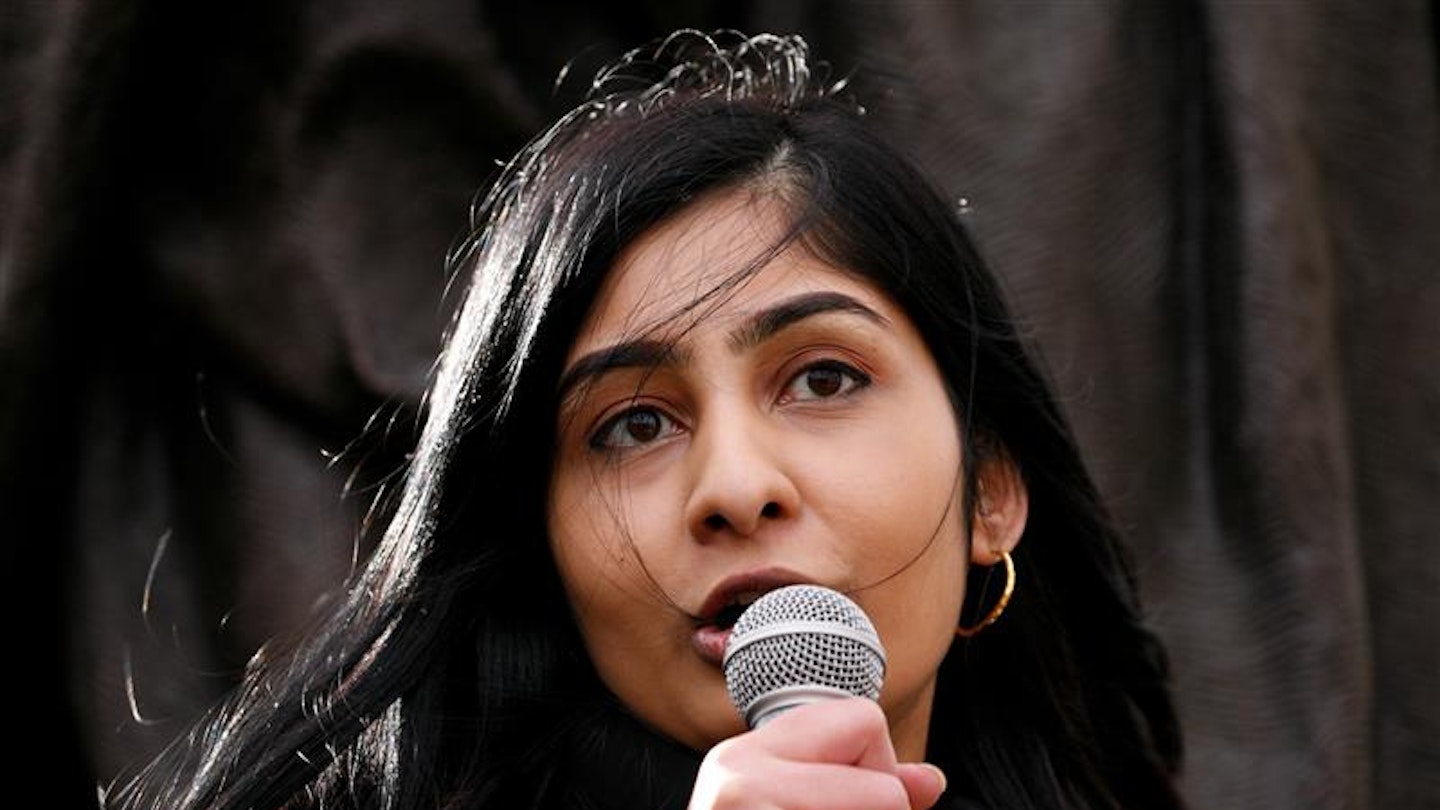It’s a common experience for people of colour. You raise a complaint of racism and then, in a manner dripping with condescension, your complaint is dismissed. You’re told to watch your tone. You’re accused of being aggressive. It’s a dynamic I know all too well. It happened to me again this week, but this time in Parliament, while I was doing my job, live on TV, by a government minister.
I was the only person of colour down to speak in a debate about the disgusting racism our England stars have been subjected to since the Euros final, meaning I felt a special responsibility to do the topic justice. So I raised multiple instances of blatant racism from the Prime Minister, quoting his description of black people as “piccaninnies” with “watermelon smiles”and his mocking of Muslim women as “letterboxes” and “bank-robbers”. I asked the Conservative minister if she agreed with England’s Tyrone Mings, who said that the attitude at the top of the Conservative Party had stoked the abuse his friends and colleagues had faced.
But I was shocked at the minister’s reply. I still am. In a manner that suggested she didn’t think I belonged in the Chamber, the Home Office minister, Victoria Atkins MP, said I wasn’t being “measured”. She told me I should “lower the tone”. When I pointed out that racism comes from the top, she accused me of “shouting”.
This was the response from a posh, privately educated, white woman to me simply quoting the Prime Minister’s own words to her. But it’s far from an isolated incident.
Since getting elected in 2019, I have noticed that like other young female, black and brown MPs, I get heckled more while speaking - and not only from the government benches. I’ve had to get used to dozens of braying, old, white Tory MPs trying to shout me down.
This isn’t something my white colleagues - and certainly not my male white colleagues - have to endure. But of course, tone-policing of people of colour is just the tip of a much bigger problem.
From the Windrush scandal, where black Britons were deported and denied their basic rights, to Grenfell, where a largely BAME working class community was ignored and allowed to live in a death-trap, to deaths from Covid-19, where higher rates of poverty and poorly paid frontline jobs have meant BAME communities have died at a higher rate, racism is alive and well in our country. But far from acknowledging it and seeking to tackle these injustices, the Conservative government denies its existence.
Tone-policing of people of colour is just the tip of a much bigger problem.
In March, the government published a report that said “institutional racism doesn’t exist” in the UK, and in fact, that we should be an example to other “white majority” countries. Ask people of colour if they agree and they’ll tell you this is gaslighting on an industrial scale.
So when the England players were booed by so-called fans for taking the knee - expressing the anti-racist principles of a young, multicultural team, many of whom have firsthand experience of racism - it’s little surprise that the Conservatives didn’t leap to their defence.
Boris Johnson refused to condemn the booing. The Home Secretary, Priti Patel, went one step further, deriding the players and saying they were engaging in “gesture politics”. A Conservative MP even promised to boycott the tournament so long as the players took the knee, while another grotesquely compared this anti-racist expression to the Nazi salute.
This episode has exposed a major divide in Britain. On one side, the Conservative Party, representing a reactionary, divisive politics, and on the other, a growing anti-racist current, dominant amongst today’s youth and unwilling to compromise with bigotry. This is the future and we won’t lower our tone in fighting for it.
Read More:
